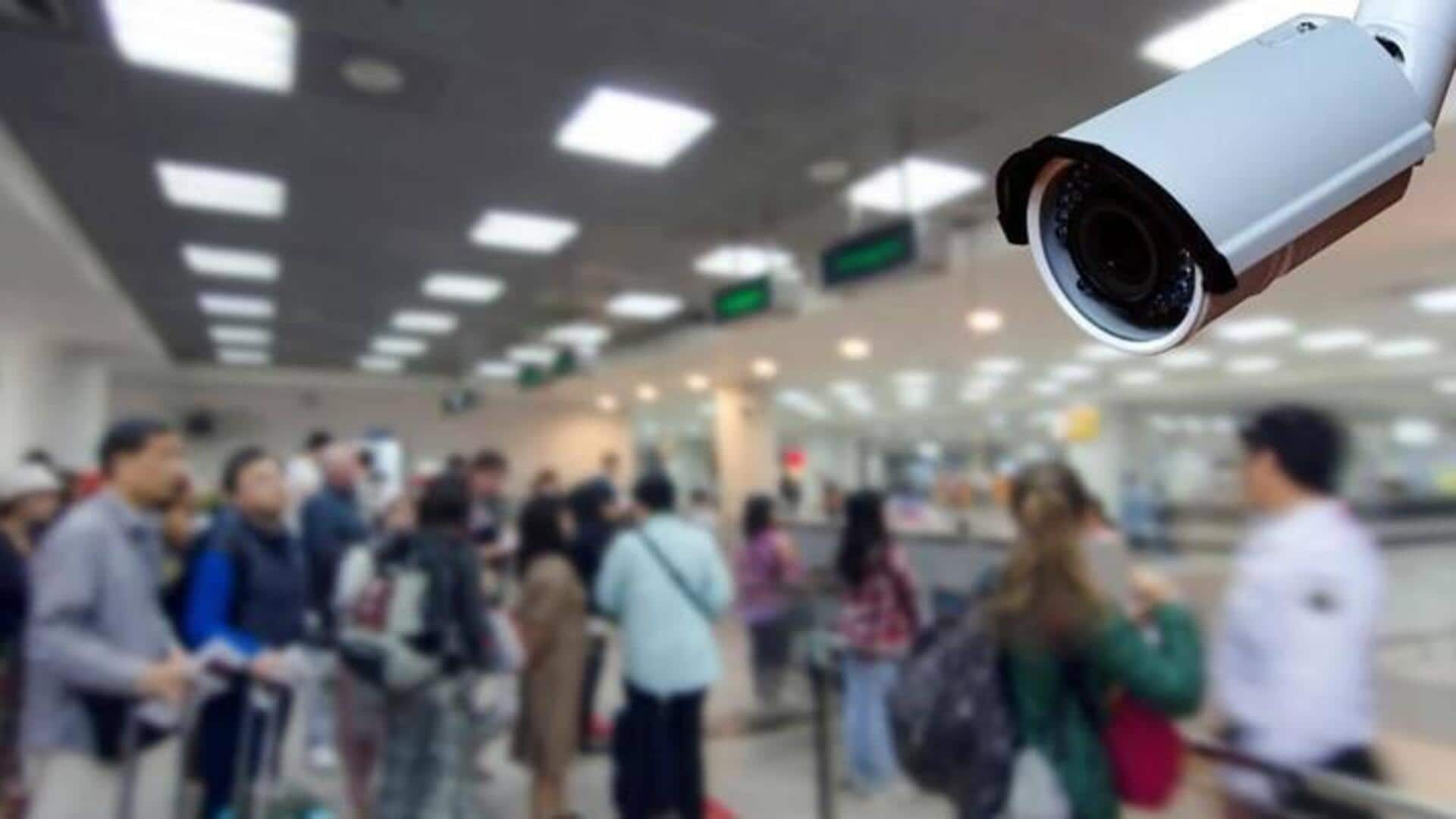
BJP MLA accuses Delhi government of discrimination in CCTV installation
What's the story
A Bharatiya Janata Party (BJP) MLA has filed a petition in the Delhi High Court, accusing the Aam Aadmi Party (AAP)-led Delhi government of discrimination in its CCTV camera installations.
The legislator alleged that the government is favoring areas represented by AAP MLAs and councilors, while neglecting those under BJP's jurisdiction.
The case will be heard by a bench headed by the Acting Chief Justice on August 27.
Unjust omission
MLA alleges unfair exclusion from CCTV project
The petitioner, Abhay Verma, who represents the Laxmi Nagar Assembly Constituency, pointed out that former Delhi Deputy Chief Minister Manish Sisodia had announced the installation of 1,40,000 CCTV cameras across Delhi.
Of these, 1,000 cameras were promptly approved after an AAP councilor requested them, but similar requests from him for other wards were ignored.
A survey by Bharat Electronics Limited (BEL) had identified a need for 2,066 cameras in Laxmi Nagar.
Allocation bias
Verma highlights discrepancy in camera allocation
Verma, through his lawyer Satya Ranjan Swain, alleged that despite several appeals to the Chief Secretary of GNCTD, the demand for additional CCTV cameras in Laxmi Nagar's remaining wards remains unaddressed.
Verma has argued that this biased installation is negatively impacting the law-and-order situation and safety in his constituency.
He is now seeking a court order to direct the installation of CCTV cameras in the remaining wards of Laxmi Nagar, to ensure an equitable distribution and improve security.
Discretion critique
Petition criticizes ministerial discretion in project approvals
The petition criticizes the procedure that allows a minister to selectively approve projects after they have been passed by the Assembly and consulted with the Cabinet Minister.
Verma argued that this process undermines the authority of the Assembly, and grants undue discretion to ministers.
He contends that such discretion often adversely affects constituencies represented by opposition parties, compromising their development.